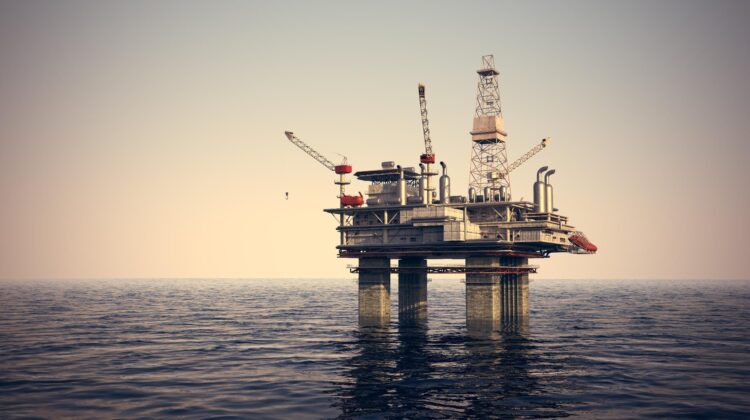

EU Energy Crisis Threatens Glass Production
European businesses as diverse as car makers, bottle manufacturers and skyscraper builders,
All now are preparing for a possible glass shortage if the loss of Russian gas throttles production.
Makers of cars, buildings, and bottles all use lots of glass, and are stockpiling and taking other measures to prevent shortages!!
Tweet on current gas crisis
Europe’s Energy Crisis Threatens Glass Production!
European businesses as diverse as car makers, bottle manufacturers and skyscraper builders, are preparing for a possible glass shortage if the loss of Russian gas throttles production, @WSJ reportshttps://t.co/YxH1ncKSTj
— The_Journalbiz (@the_journalbiz) September 6, 2022
As Moscow reduces natural-gas exports to Europe in its face-off with the West over Ukraine escalates
European governments have made contingency plans to encourage conservation and ration gas among energy-intensive industries should supplies run short.
Glass production has become a key vulnerability. It requires melting sand, soda ash and limestone, and in Europe the energy to create the needed temperatures has largely come from Russian gas.
- Volkswagen says it is stockpiling components that use glass, such as windows and windshields.
Glass is so ubiquitous,from windows, car windshields, computer and smartphone screens to bottles that hold medicine, soft drinks and liquor—that some business executives and industry analysts fear a serious shortage could result in another supply-chain disruption like those set off by the pandemic, post-lockdown demand and the war in Ukraine.
Russia’s “shutting off gas for Germany would cause a new parts-shortage crisis,” Silja Pieh, head of strategy at luxury car maker Audi AG, said recently, citing glass as a prime example.
Western leaders are preparing for the possibility that Russian natural gas flows through the key Nord Stream pipeline may never return to full levels.
German car giant Volkswagen AG, whose brands include Audi and Porsche, said it is increasing its inventory of components that use glass, such as windows and windshields, and tapping suppliers outside Europe not affected by the gas crisis.








